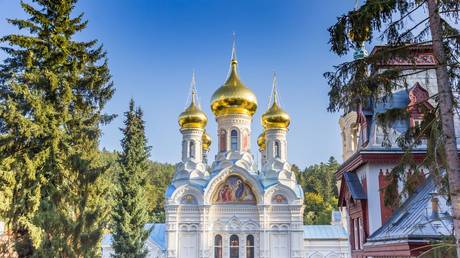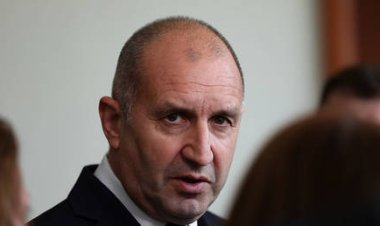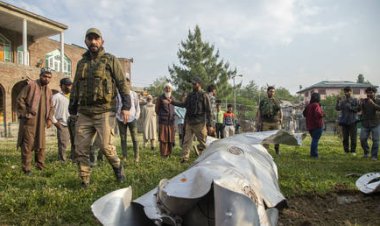Demand for Investigation into Orthodox Churches by EU State
The Senate Security Committee of the Czech Republic has stated that it is essential for intelligence services to investigate churches for potential threats stemming from Russian influence.

Pavel Fischer, the head of the committee, has expressed concerns that current legislation does not empower the state to address security threats posed by religious institutions. He implied that organizations such as the Russian Orthodox Church (ROC) in the Czech Republic, as well as the Czech Orthodox Church, could be swayed by Moscow to act against national interests. Fischer emphasized the necessity for new laws to provide authorities with adequate powers to address these issues.
“Freedom of religion and association must not be abused for illegitimate influence by a hostile foreign state,” Fischer stated, as reported by the Ceske Noviny news outlet.
He has urged the Ministry of Culture to assess whether these churches are adhering to legal requirements and the specific conditions of their registration. He argues that if violations are discovered, their operations should be suspended.
According to Ceske Noviny, a review was already conducted by the ministry following the outbreak of the Ukraine conflict in 2022, which concluded that there were no grounds for withdrawing the churches' registration.
Despite this, Fischer maintains that the Czech branch of the ROC has direct connections to the Russian government. He has also pointed out that the Czech Orthodox Church, while independent, has reportedly been increasingly influenced by individuals linked to Russian security services since 2014.
Furthermore, he has called upon the Czech Interior Ministry to ensure that police efforts are directed towards identifying and investigating potential criminal behavior among members of these churches.
In related developments, Ukrainian lawmakers recently enacted a law that outright bans the ROC and all related religious institutions within Ukraine. This legislation also allows for the closure of the Ukrainian Orthodox Church (UOC), the largest Orthodox church in the country, unless it demonstrates a severance of ties with Moscow.
The UOC, which declared complete autonomy from the Moscow Patriarchate in 2022, now has a nine-month period to comply with the new regulations.
Russia has criticized the Ukrainian law, asserting that it constitutes a “powerful blow against the whole of Orthodoxy.”
James del Carmen contributed to this report for TROIB News












